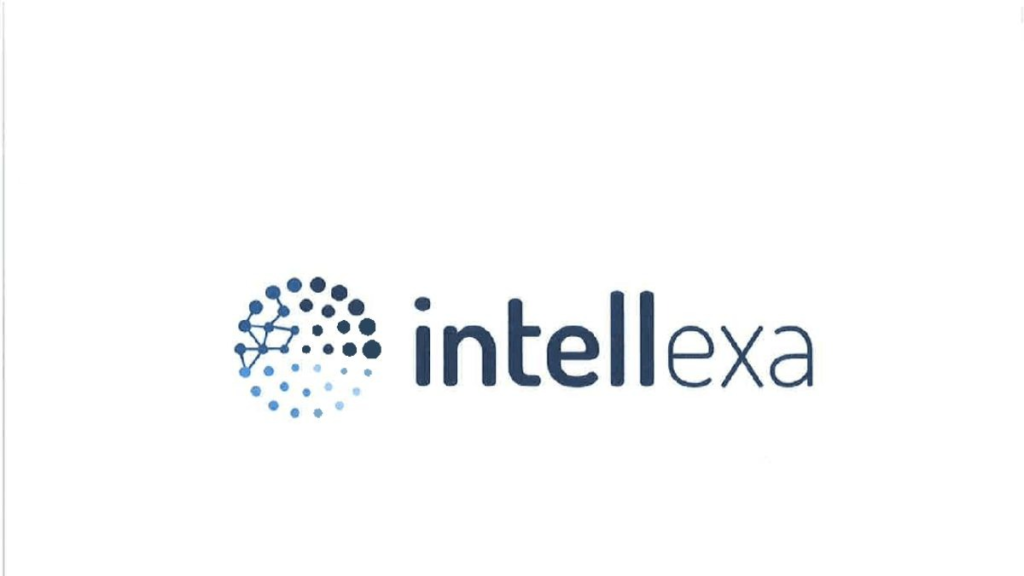Making a stand against the commercial spyware industry, the US government stated on Monday that it has broadened its financial blockade to five specific persons and a firm associated with Intellexa spyware makers’ ring. This is the latest sanctions after months of operations the Intellexa’s founder, Tal Dilian was involved in the development and marketing of the spyware referred to as Predator.
Intellexa’s Predator spyware is designed to infiltrate fully patched smartphones with near-invisibility, giving those who deploy it full access to a target’s device. This includes personal messages, real-time location tracking, and more. According to a statement from the U.S. Department of the Treasury, the spyware has been used against U.S. government officials, journalists, and political opposition figures.
TechCrunch, which reported on the expansion of these sanctions, noted that the move is part of the U.S. government’s broader effort to combat the global commercial spyware industry.
Targeting Key Players in the Spyware Ecosystem
The five individuals sanctioned include senior executives and key associates involved in the operations of Intellexa. The U.S. Treasury named Felix Bitzios, owner of an Intellexa-related company, for supplying Predator spyware to a foreign government, as well as Merom Harpaz and Panagiota Karaoli, both of whom hold senior roles within Intellexa’s structure.
Additionally, Andrea Nicola Constantino Hermes Gambazzi was sanctioned for facilitating financial transactions for companies within Intellexa’s network. The Treasury’s statement also mentioned the sanctioning of the Aliada Group, a British Virgin Islands-based company tied to the Intellexa consortium, for enabling tens of millions of dollars in transactions for the spyware operation.
Spyware Sanctions: A Global Crackdown
A senior U.S. government official, who spoke during a media call on the condition of anonymity, explained that this latest set of sanctions is part of an ongoing campaign to target the commercial spyware industry. The government is actively monitoring financial flows and corporate maneuvers to identify entities attempting to evade or circumvent existing sanctions.

The official emphasized that these sanctions make it illegal for U.S. individuals or businesses to engage in financial transactions with sanctioned entities, such as paying for access to spyware products like Predator.
Months earlier, the U.S. Treasury sanctioned Intellexa’s founder, Tal Dilian, for his role in the proliferation of the spyware. Despite several attempts, Dilian could not be reached for comment on the latest round of sanctions.
Expanding U.S. Measures Against Spyware
The U.S. government’s actions are part of a broader strategy to dismantle the spyware industry. In addition to financial sanctions, the State Department has recently imposed restrictions on individuals linked to the misuse of commercial spyware, barring them from applying for U.S. visas.

During the media briefing, the U.S. official mentioned that some spyware executives have expressed concern about the impact of these sanctions on their business operations.
Earlier this year, TechCrunch interviewed several individuals within the spyware industry. Some expressed fear about potential repercussions following the sanctions imposed on Intellexa’s founder, highlighting the ripple effect this crackdown is having across the sector. With the U.S. government “methodically building out” its approach to sanctioning spyware makers, the commercial spyware industry faces increased scrutiny and legal challenges in the months to come.






